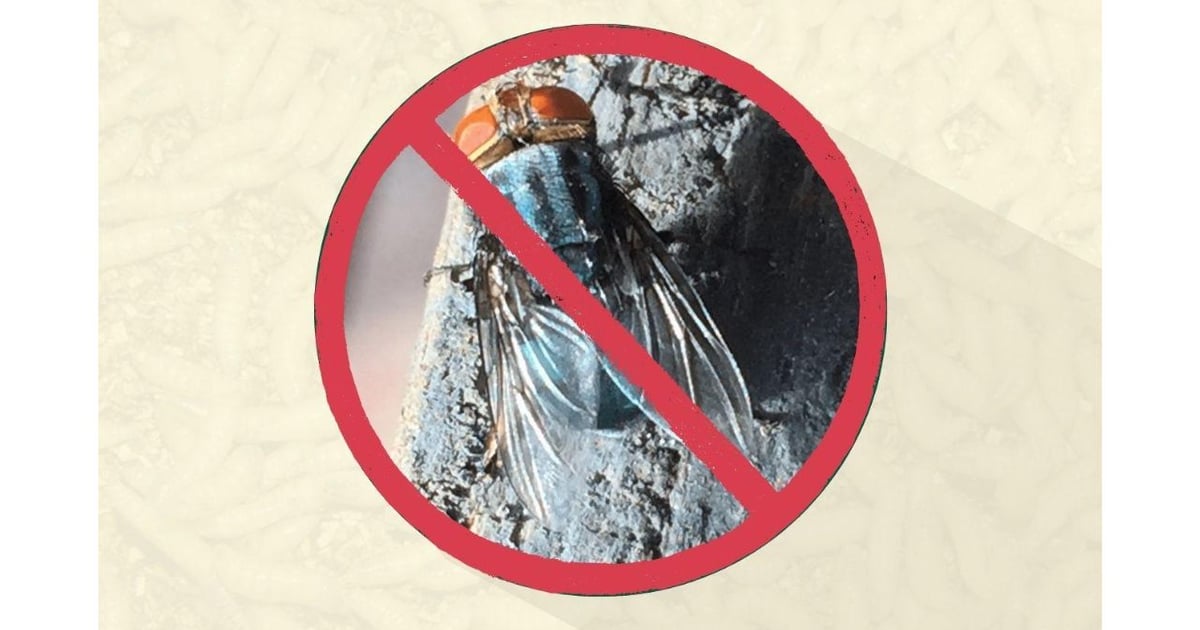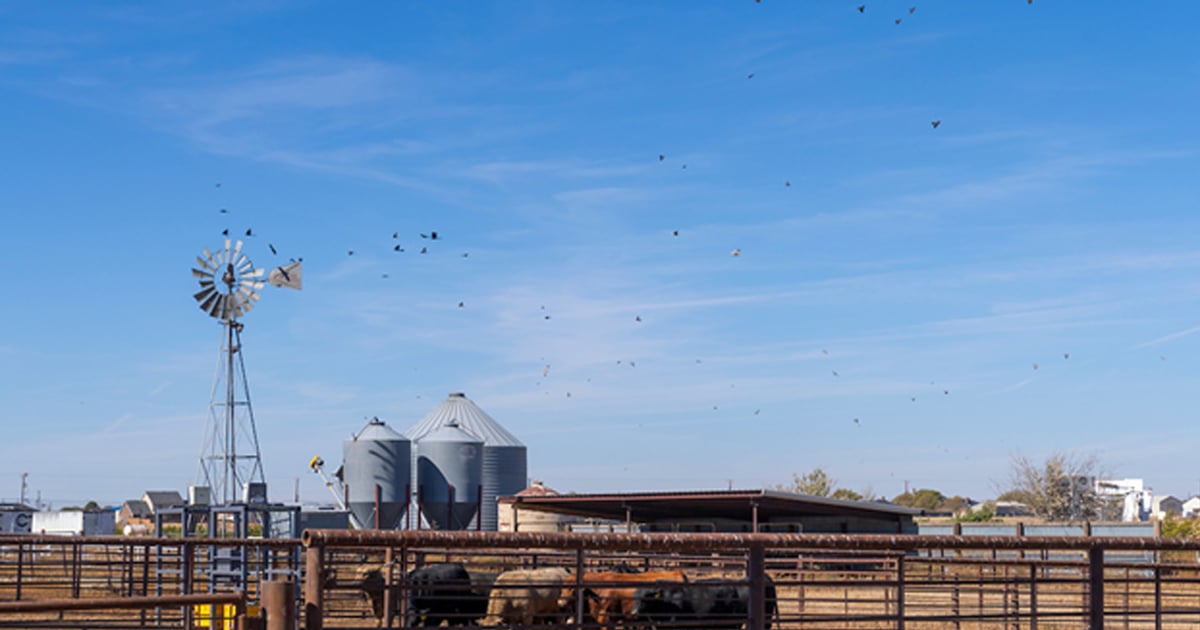Senators propose expanding biofuels for aviation
Posted on January 26, 2024 by Eric Bohl
Source: Farm Progress. The original article is posted here.

“Sustainable aviation fuel is a promising alternative fuel source that can provide new markets for farmers while increasing our domestic energy production and security,” said Sen. Moran. “This legislation would increase the accessibility of biofuel for commercial use and directly support rural America and its farmers, the agriculture industry and the aviation sector.”
Moran was joined by Senators Amy Klobuchar (D-Minn.), Joni Ernst (R-Iowa), Tammy Duckworth (D-Ill.) and Chuck Grassley (R-Iowa). A similar bill was introduced last year in the House of Representatives but has yet to see legislative action.
USDA launching remote meat grading pilot program
Last week, Agriculture Secretary Tom Vilsack announced a new pilot program allowing the grading of beef carcasses via remote means. The Remote Grading Pilot for Beef is intended to allow smaller processors to afford beef grading services more easily. Processors are required to pay for the grader’s salary and travel expenses, which can be cost-prohibitive for small plants.
Under the pilot program, workers will photograph carcasses and upload them to a USDA-employed grader in a remote location. The grader will review the images and take other items into account such as the plant’s historical data before assigning grades like Select, Choice or Prime. According to USDA, the pilot will “allow AMS to gather additional information on actual costs involved, and the level of surveillance necessary to ensure program integrity, before formalizing this option as part of the USDA Quality Grading Service.”
In a speech in Denver announcing the program, Vilsack said, “On average, a beef carcass that grades as USDA Prime is valued at hundreds of dollars more than an ungraded carcass, but costs for this voluntary USDA service often prevents smaller scale processors and the farmers and ranchers they serve from using this valuable marketing tool. This remote grading pilot opens the door for additional packers and processors to receive grading and certification services allowing them to access new, better, and more diverse marketing opportunities.”
House passes bill targeting Russian ag inputs
The House of Representatives has passed legislation intended to combat dependence on Russia for fertilizer and grain. The No Russian Agriculture Act, introduced by Rep. Maxine Waters (D-Calif.) and Rep. Zach Nunn (R-Iowa), passed by voice vote and has been sent to the Senate for consideration.
The bill would require U.S. representatives to the International Monetary Fund to support projects that decrease reliance on Russia for agricultural commodities, ensure the resilience of global grain supplies and stimulate private investment in projects that meet these goals.
“Russia’s unprovoked, brutal war is a crime against Ukraine and also threatens people around the globe. By intentionally disrupting the world’s food supply, Putin is knowingly causing pain and threatening nations with food scarcity and hunger,” said Waters. “That’s why this bipartisan bill, introduced in partnership with Representative Zach Nunn, is significant, helping to reduce global dependence on Russia’s agricultural commodities and increasing grain resiliency against its shocks.”




